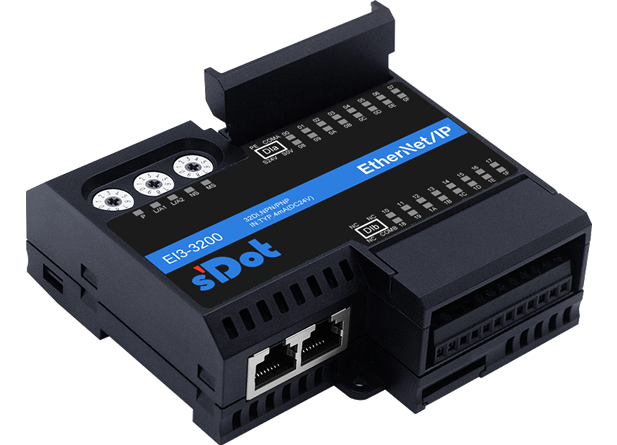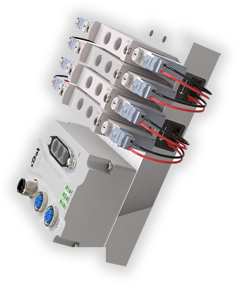In today’s rapidly evolving business landscape, manufacturing automation has emerged as a game-changer in the production industry. By integrating advanced technologies and streamlining processes, manufacturing automation has revolutionized the way products are made.
The Power of Manufacturing Automation
Manufacturing automation refers to the use of automated systems and machinery to perform tasks traditionally carried out by humans. This technology-driven approach enables companies to enhance productivity, improve efficiency, reduce costs, and ensure consistent quality throughout the production process.
With manufacturing automation, repetitive and labor-intensive tasks can be performed with precision and speed. Robots equipped with artificial intelligence (AI) can handle complex operations that require high accuracy while minimizing errors. This not only increases output but also reduces human error-related risks.
The Role of Fieldbus Systems
A crucial component of manufacturing automation is fieldbus systems. These communication networks connect various devices within a factory or industrial setting, allowing seamless data exchange between different components such as sensors, actuators, controllers, and other equipment.
Fieldbus systems enable real-time monitoring and control of production processes. They facilitate efficient coordination among different machines involved in the manufacturing process by providing accurate information about their status and performance metrics. This ensures smooth operation without delays or bottlenecks.
Solidot Electronic Technology: Pioneering Manufacturing Automation

Solidot Electronic Technology stands at the forefront of driving innovation in manufacturing automation. With its cutting-edge solutions and expertise in robotics integration, Solidot has transformed numerous industries across the globe.
By leveraging state-of-the-art technologies like machine learning algorithms and computer vision systems, Solidot’s robots have become highly adaptable to diverse production environments. Their intelligent capabilities allow them to learn from experience and continuously optimize their performance, resulting in increased productivity and reduced downtime.
Conclusion
In conclusion, manufacturing automation has revolutionized the production industry by leveraging advanced technologies to streamline processes and enhance efficiency. With the integration of fieldbus systems and the pioneering efforts of companies like Solidot Electronic Technology, businesses can achieve higher productivity levels while maintaining consistent quality standards. Embracing manufacturing automation is no longer an option but a necessity for organizations seeking to stay competitive in today’s fast-paced business world.

